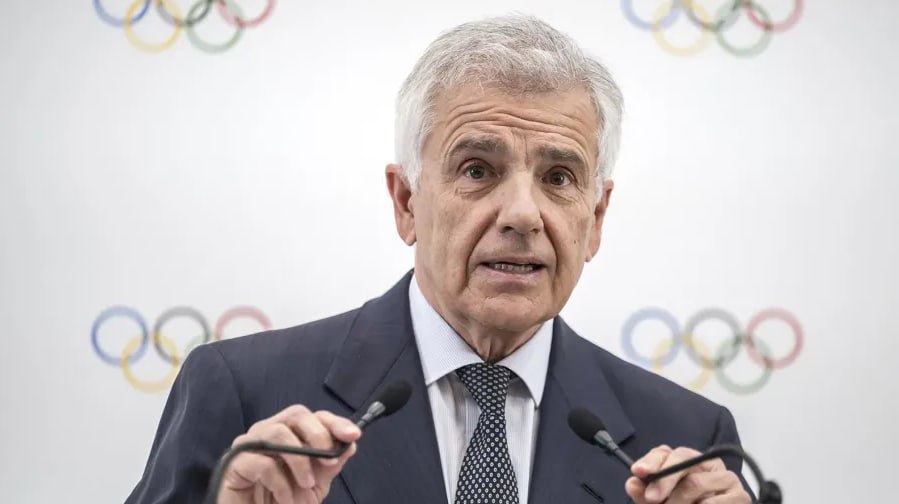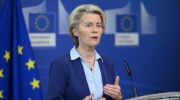From March 18 to 21, Greece will host the election for the president of the International Olympic Committee (IOC). For the first time in the organization’s history, seven candidates are vying for this pivotal role in global sports politics, though the main competition is expected to unfold among three frontrunners. One of them is Juan Antonio Samaranch Jr., whose victory would mark a historic moment: his father, Juan Antonio Samaranch, led the IOC from 1980 to 2001 and transformed it into a powerful commercial empire.
Juan Antonio Samaranch Jr. became an IOC member in 2001—the same year his father stepped down as president. However, he emphasizes that he never expected his surname to be an advantage or, conversely, a hindrance in his Olympic career.
“Being the son of my father is not a privilege. I have never used his influence during my time as an IOC member, and I certainly will not do so before the elections,” states Samaranch Jr.
Nevertheless, if elected IOC president, he is unlikely to escape comparisons with his father. His chances of winning are high: alongside Kirsty Coventry of Zimbabwe and Britain’s Sebastian Coe, Samaranch Jr. is among the top contenders for the position. By comparison, 45 years ago, his father faced almost no competition in the election, securing an absolute majority of votes in the first round.
During the 21 years of Samaranch Sr.’s leadership, the Olympic Games truly became a global event, both in terms of the number of participating countries and the growth of the television audience. Under his tenure, the Games evolved into a commercial empire, and the IOC became a wealthy and influential organization. Boycotts became a thing of the past, and stars from the National Basketball Association (NBA) and the National Hockey League (NHL) began competing at the Olympics.
However, Samaranch Sr. was not without criticism. Some experts argue that the successes of the IOC and the Olympics came at the cost of losing the independence of the Olympic movement and making it vulnerable to corruption. In 2010, Juan Antonio Samaranch Sr. passed away at the age of 89.
If Samaranch Jr. wins the upcoming election, he will face new challenges: global warming, gender equality issues, the increasingly complex process of selecting Olympic host countries, and many others. Nevertheless, he is confident that he can tackle these tasks, even without relying on his father’s experience.
In his manifesto, Juan Antonio Samaranch Jr. outlined six key priorities that he believes should form the foundation of the IOC’s work: the IOC itself, the Olympic Games, athletes, the Olympic movement, society, and business.
“My friends, I am confident that, if I have the honor of being your president, I will bring the political insight, business acumen, and deep knowledge of the Olympic Movement necessary for effective leadership from day one,” writes Samaranch Jr.
One of his main proposals is to expand the geographical presence of the Olympic Games, focusing on legacy and operational realities rather than politics. He also promises to protect the Games from political influence. A special focus in his program is on safeguarding the integrity of women’s sports—a topic that gained particular relevance after the scandal at the Paris 2024 Olympics, where disputes arose during the women’s boxing tournament over the participation of two athletes who had previously failed chromosome tests.
“The IOC has a fundamental duty to protect women’s sports by adopting policies that maintain clear distinctions between male and female categories,” emphasizes Samaranch.
Additionally, the Spaniard plans to overhaul the IOC’s approach to working with sponsors. In his view, the TOP program (The Olympic Partners) has become outdated and no longer meets the demands of the rapidly changing sports marketing landscape. “We must address this issue by focusing on three broad areas: broadcasting, sponsorship, and new revenue streams,” Samaranch explains.









